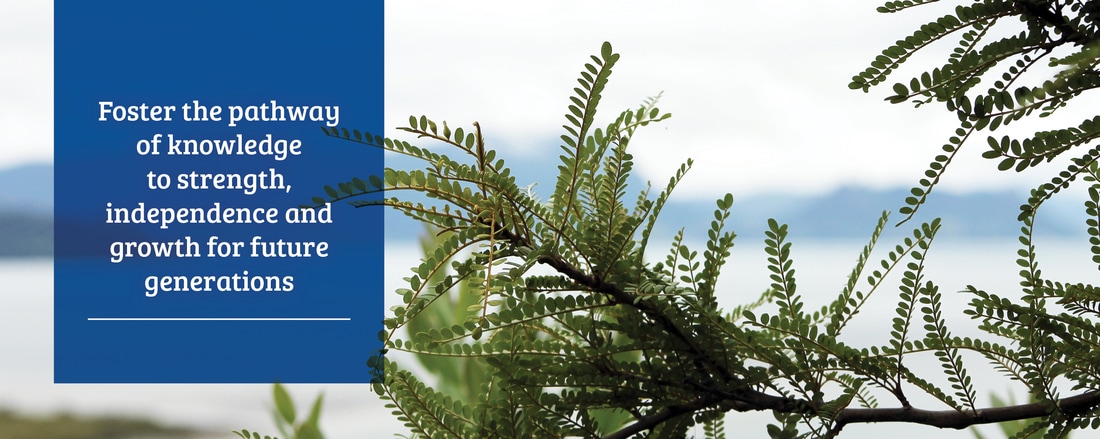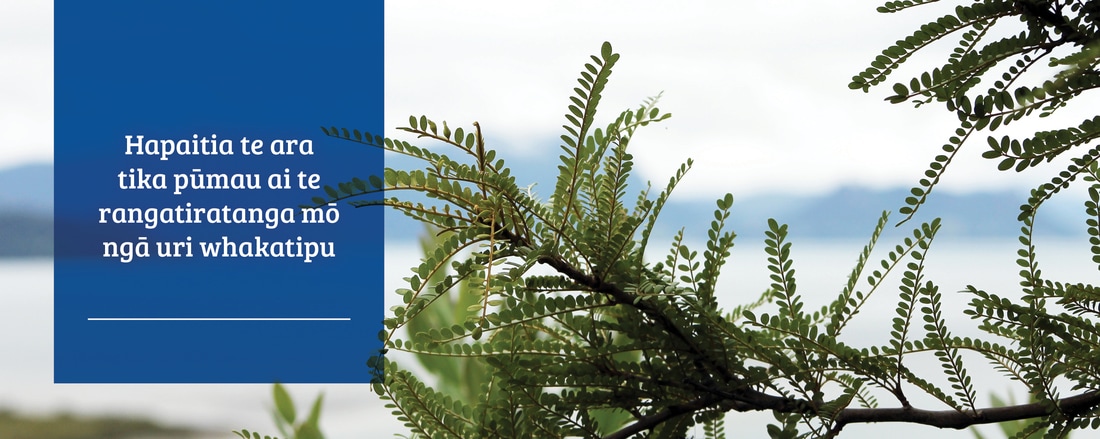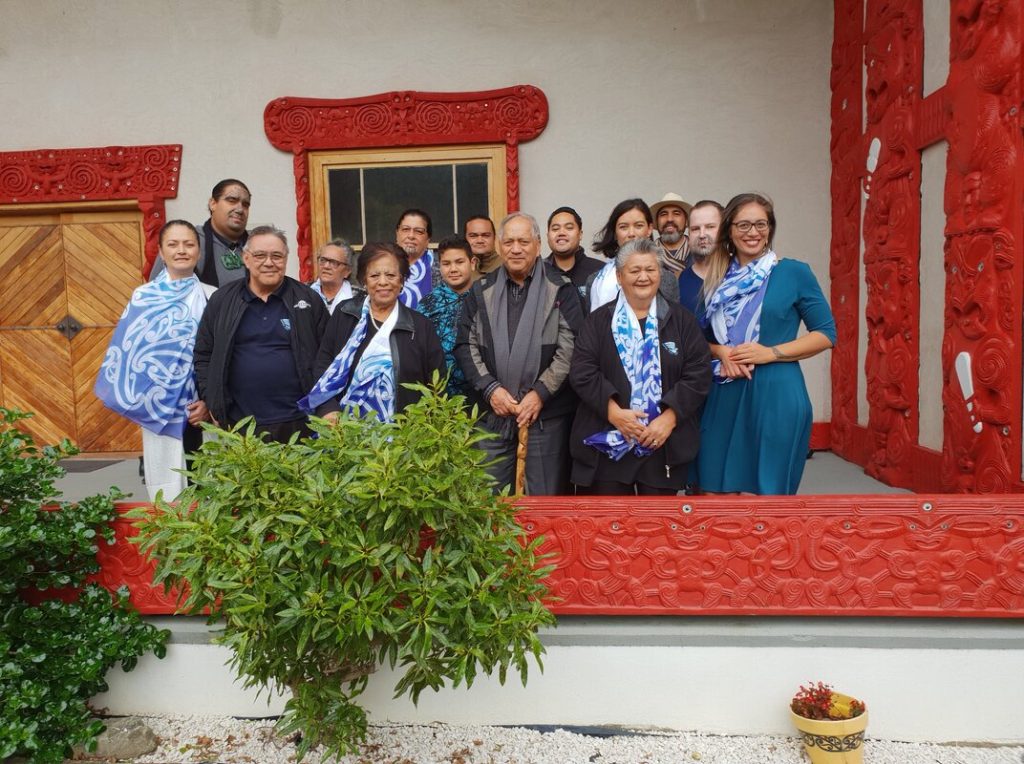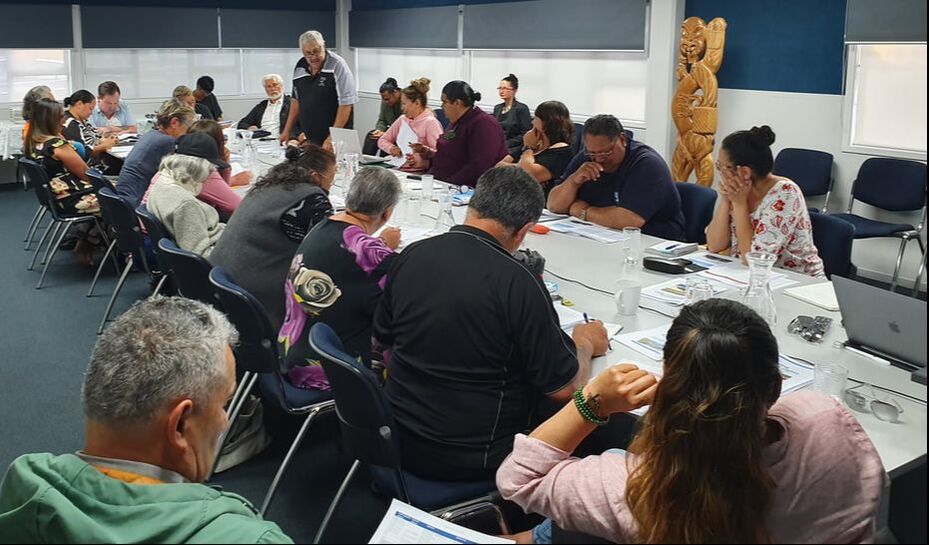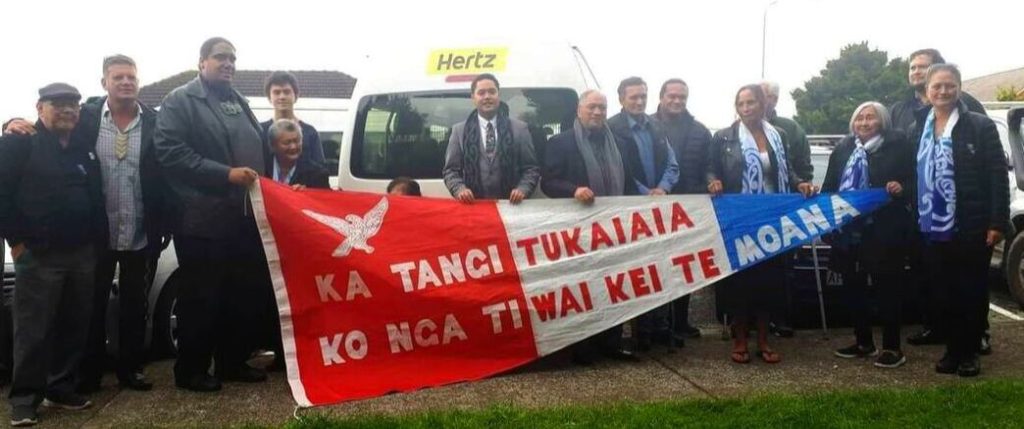
On Tuesday, 17th December 2019 the Waitangi Tribunal released their report on the Hauraki Overlapping Claims Urgent Inquiry. The affected hapū and iwi claimant groups came together to hold the Crown to account for their implementation of the Overlapping Claims Settlement process with Hauraki Iwi.
The Ngātiwai Trust Board’s Treaty Claims Committee Chairman, Aperahama Edwards says, “This report validates the claims we have made and affirms the rightful place of tikanga Māori in resolving our overlapping interests”.
In April 2019, Ngātiwai uri travelled to Wellington to defend the mana of their hapū and iwi at Waiwhetu Marae in front of the Waitangi Tribunal. Along with other groups in a similar position, Ngātiwai asked the Tribunal to look into the Crown’s flawed overlapping claims policies, practices and processes that was set to offer redress within the Ngātiwai rohe to iwi from the Hauraki district. At the heart of the claim was the mana of the iwi of Ngātiwai.
“Our claim to the Waitangi Tribunal was upheld – this is a win for the important role of tikanga Māori in working in the Treaty negotiations space”, states Aperahama Edwards.
The Waitangi Tribunal said in summarising the findings and recommendations:
- “Having thus found that the Crown acted inconsistently with the Treaty principles of partnership and active protection; failed in its duties to act honourably and in good faith, and to avoid creating fresh grievances; and failed in its obligation to protect or preserve amicable tribal relationships, we find that the Crown had prejudicially affected…Ngātiwai. Accordingly, we recommend:
- That the legislation giving effect to the Pare Hauraki Collective Settlement Deed, and the individual Hauraki iwi settlement deeds, does not proceed until the contented redress items have been through a proper overlapping claims process…”
The tribunal elaborated on what a proper tikanga-based process would involve and we agree with the tribunal that a tikanga-based process must take place early on and that all parties should participate in the design of the process.
Ngati Rehua uri and WAI 1544 claimant, Huhana Lyndon says, “The Urgency was called because once again the Crown sought to settle our hapū and iwi interests without our consent. Further, despite our calls for time to work through our issues, the Crown ignored our position and pushed forward with Hauraki for full and final settlement. This undermines our rangatiratanga guaranteed under Te Tiriti o Waitangi”.
The Tribunal recognised that Ngātiwai have expressed a genuine intention to try and resolve the issues raised in this inquiry though tikanga, and suggested the Crown should do all it can to facilitate this process, including by providing funding, administrative support, access to facilitators or mediators, and more.
Huhana Lyndon says, “Tikanga Māori is our foundation, the Crown through their application of the Red Book approach to Treaty negotiations fails to allow hapū and iwi to move at their own pace and time”.
Aperahama Edwards says, “Our experience in the Crown’s overlapping claims process was that tikanga was never engaged in early-on and we were certainly not invited to be part of designing what that tikanga process looked like. With these findings from the Tribunal, I would hope the Crown can go back and get this fundamentally right”.
“I am proud of our people, particularly the determination and mana they have shown through this. It is not easy to collectivise yourselves logistically and financially, but it was important that we did so to ensure that the mana of Ngātiwai was upheld. For me it shows that when our people need to come together as one to defend our rights, that we are able to do so”.
Ngātiwai uri in the affected areas will now meet internally to discuss how to approach the next steps.
During the last quarter of the year the Board continued to work through the Waitangi Tribunal’s recommendations for an agreed mediation process to take place, funded by the Crown.
Funding for mediation and making this available and fair for all involved has always been a priority for the Board. The Board have made recommendations that the Crown independently and directly fund claimants so that all parties can equally participate in mediation. The Board and the Crown have written to claimants in the inquiry inviting them to prepare their funding request.
The Board and the Crown have been communicating with claimants to begin this process, and are currently in communication with hapū Patuharakeke, Te Waiariki, Ngāti Korora/Ngāti Takapari and Te Whakapiko hapū o Ngāti Manaia. The Board is also conscious of our Whangaruru whanau claimants and encourage them to discuss with Te Arawhiti their options regarding funding.
Hui will need to be held prior to any mediation beginning for all parties to agree on the Terms of Reference for the mediation (i.e. agree facilitators/mediators, specialist advisors, number of hui, venues, milestones, etc.) as recommended by the Tribunal.
With the work that is being done, and the communication beginning to happen between all parties there are encouraging signs that the process of trying to begin mediation is moving in a positive direction.
Marine and Coastal Area Act Update
Ngātiwai MACA Applicant Hui
The Ngātiwai Trust Board Treaty Claims Committee hosted a MACA hui on 13th November 2019 at the Ngātiwai Trust Board. The purpose or kaupapa of the hui was to discuss, “What is the best approach to take to the MACA Act?”.
Over recent times traversing our own journey through a Treaty Settlement, we as an iwi have had our challenges in being able to work together collectively or collaboratively. However with this kauapapa and the potential impact that it could have on our local whanau, hapū and our iwi, it was pleasing to see that we could come together to discuss the MACA, with a very good turnout of approximately 30 participants.
Discussions were very respectful with everyone being able to present their applications to the hui and talk about where they are up to in advancing them. A number of positive suggestions were made but a lingering concern was raised that the Trust Board was potentially attempting to take over their applications.
The Board’s position in relation to all Ngātiwai MACA applications in the High Court has been to support “in principle” those applications and to provide a protective blanket for any Ngātiwai whanau, hapū or marae who were unable to file their own applications by the deadline of 3rd April 2017. The Treaty Claims Committee has been working to identify who those groups are, to offer to include them in the Board’s application.
Tony Walzl of Whalghan Partners has been engaged by the Board to provide technical support in collating Ngātiwai Historical Research for the purpose of MACA. The Board contracted Tony to produce a report that contains information on land tenure within the Ngātiwai rohe by identifying things like Maori land titles that is adjacent to the Common Marine and Coastal Area and for land that has gone out of Maori title and when this occurred. Land ownership or retention since 1840 is a significant factor in meeting the tests under the MACA Act, which requires that applicants must show that they have continuously occupied or used the coastal marine area in question since 1840.
Oral History Research
The Treaty Claims Committee begun work with Tony Walzl in November 2019 to start collecting oral history interviews. Oral history research is a key piece of evidence to prove another test under the Act which requires that the area in question has been used or occupied since 1840 AND that any customary rights have been exercised in accordance with tikanga. This work will continue during 2020.
MACA Kaupapa Inquiry:
The Marine and Coastal Act Kaupapa Inquiry – Stage 2 hearings, are expected to take place in Te Tai Tokerau in April or May 2020.
The Treaty Claims Committee will be holding another MACA hui early in 2020, and it is hoped that as a collective of Ngātiwai whānau, hapū and Iwi that we continue to work together collaboratively in opposition to the MACA Act and that we can achieve a positive collective approach to and submit strong evidence in this inquiry.

